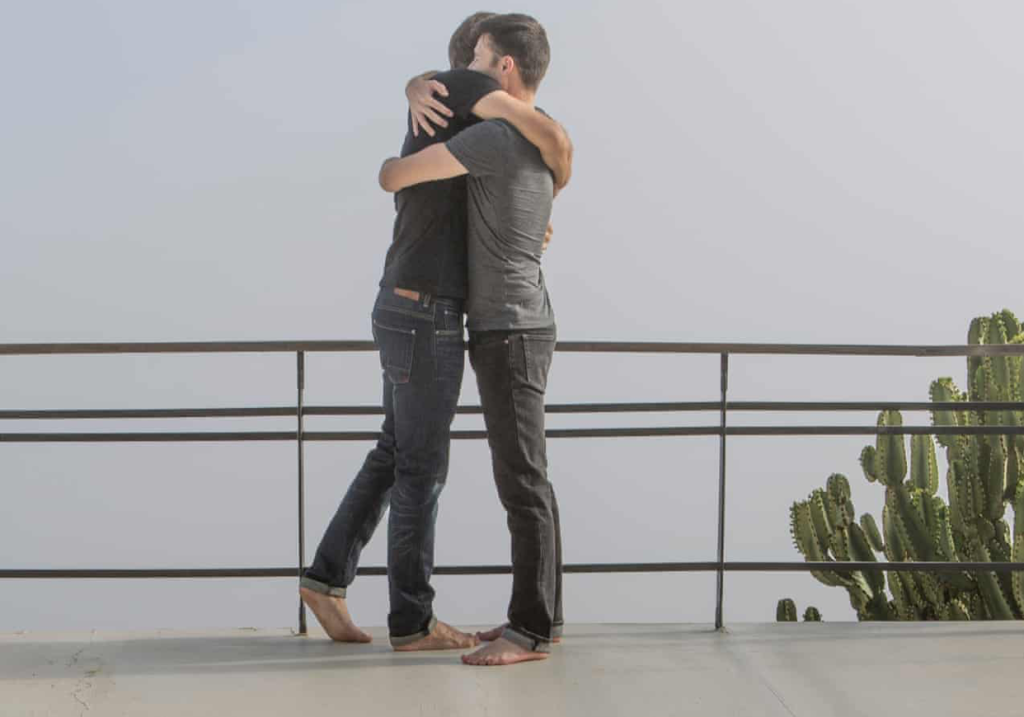From cities, to science, to politics, six Observer writers assess how a post-pandemic world will emerge into a new normal

Advertisement
[Excerpts]
Cities
Here are some things that the pandemic changed. It accustomed some people – those whose jobs allowed it – to remote working. It highlighted the importance of adequate living space and access to the outdoors. It renewed, through their absence, an appreciation of social contact and large gatherings. It showed up mass daily commuting for the dehumanising drain on energy and resources that it is.
These changes do not add up to the abandonment of big cities and offices predicted by more excitable commentaries, not a future of rural bubbles and of tumbleweed blowing through the City of London, but a welcome shift in priorities. There will always be millions who want to live in cities and millions who want to live in towns and villages, but there are also those for whom these are borderline decisions, with pros and cons on each side.
Interaction
The first kiss my baby niece blew me was bittersweet, because like so many pandemic interactions it happened not in person but on camera. Covid means that big chunks of her life have only been seen on a phone screen as she grows into a toddler. And I’m one of the lucky ones: I haven’t had to say goodbye to someone on FaceTime or break the worst news to someone over the phone.
If you live by yourself, you’ve made do without human touch for months on end; if you’re crammed into a small space with your partner, kids and your parents, you may have spent weeks craving time and space not encroached upon by other human beings. Totally different experiences of the same social earthquake: surely they cannot but profoundly change us for the long term?
Science
Britain has had an uncomfortable year in its battle to contain Covid. Failures to test, trace and isolate infected individuals allowed grim numbers of deaths to accumulate while deficiencies in the acquisition of stocks of Personal Protection Equipment (PPE) left countless health workers exposed to danger and illness. However, these deficiencies have been balanced by the manner and striking speed with which our scientists have turned away from existing projects in order to focus their attentions on ridding us of Covid. Their work has earned global praise for its swiftness and precision.
Politics
The more things change, the more they stay the same.
It may not feel like it at the moment, admittedly. But if this pandemic echoes other defining events in our recent history, from the 9/11 terror attacks to the 2008-09 banking crash, it will leave the political landscape utterly transformed in some respects yet wearily familiar in others.
Last week’s spending review, spelling out how the cost of battling Covid will shape national life for years to come, was a classic example. A public sector pay freeze, plus benefit cuts next April? Well, we’ve been there before; to many families it will feel like austerity all over again.
To read the full article, click on: https://www.theguardian.com/world/2020/nov/29/life-after-covid-will-our-world-ever-be-the-same

